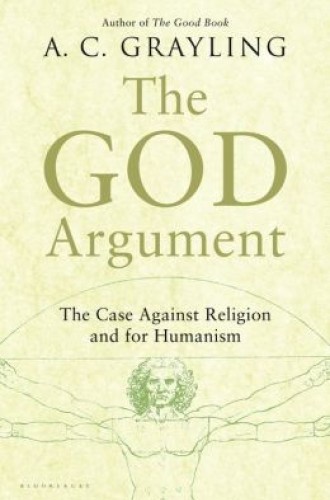The God Argument, by A. C. Grayling
Having written a weekly column in the Guardian and published a series of books on philosophy for the general reader, A. C. Grayling is a rarity: a well-known philosopher. Well known at least in Britain. Recently he has become a controversial figure because of his role in the founding of the New College of the Humanities in London, a private institution with costly tuition. Opponents have attacked him for fostering an elitist enclave. Instruction in the humanities, elitist or not, is central to Grayling’s life and work.
For Grayling, humanism rejects religion and replaces it, and The God Argument is a clear example of this antireligious fundamentalism. Fundamentalism generally operates by reducing legend to literalness. Biblical fundamentalists take the legend of Genesis 1 literally as history. Likewise, Grayling takes the most popular legend about the genesis of religion—it began as magic and has been replaced by science—as proven history.
Making legend literal is a clever strategy for both supporters and critics of religion. If the Bible is history in any sense comparable to, say, the history of the United States, there is a presumption that the historical actors existed. Since God acts all over in the Bible, God’s existence would seem as certain as the existence of George Washington.






